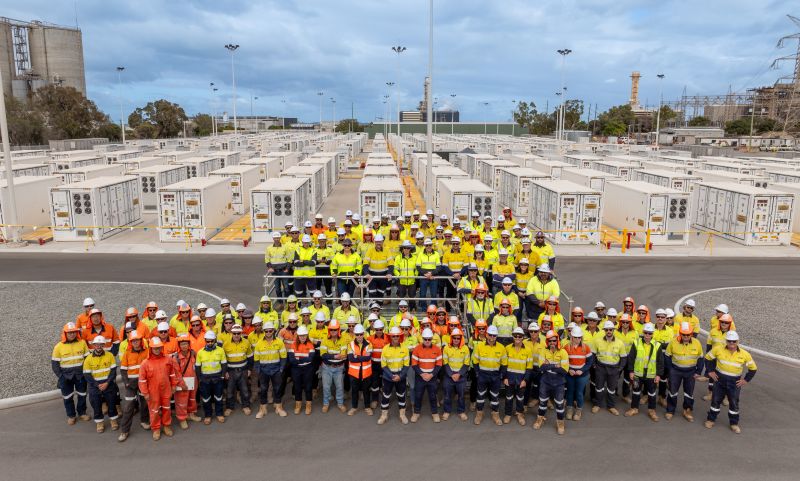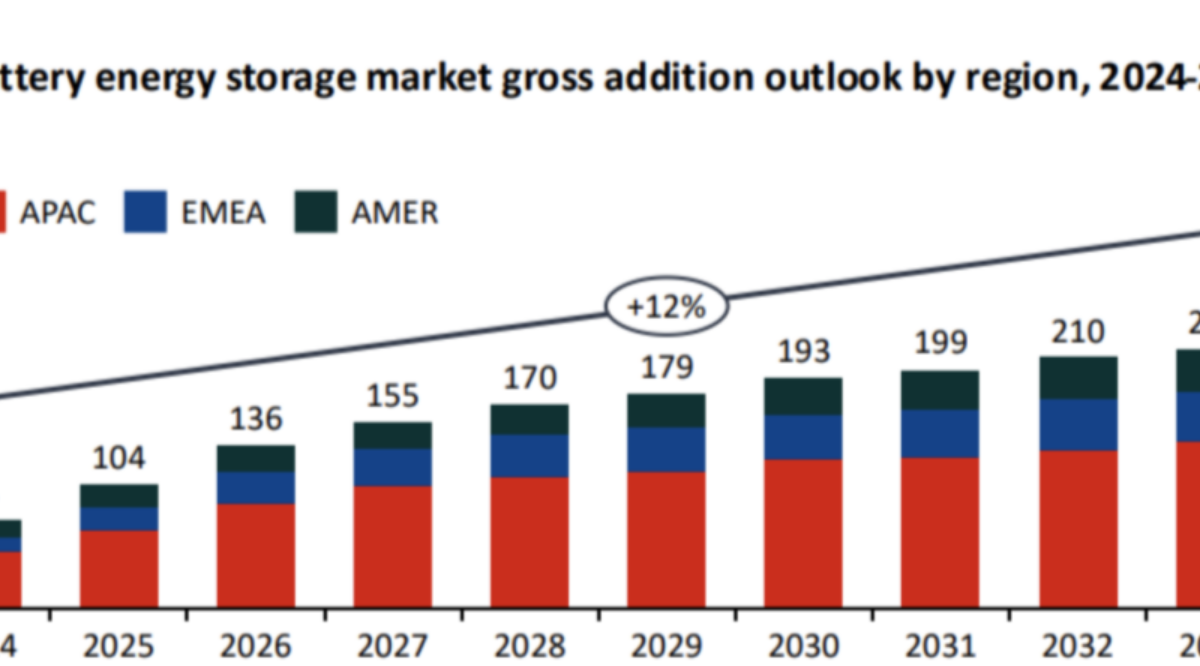Traditional engineering, procurement, and construction (EPC) approaches are increasingly misaligned with the speed, scale, and complexity of Australia’s energy transition. By contrast, delivery models such as integrated project delivery (IPD) and alliancing offer alternative pathways to reduce delays, align incentives, and optimise resource use, especially in a ‘hot market’ of mega-projects that are all competing for the same resources.
The nature of EPC – where entire projects are tendered and priced prior to detailed design development – can lead to costly delays when unforeseen issues arise.
‘Early contractor involvement’ (ECI) variants to EPC delivery mechanisms are increasingly being utilised, aiming to reduce project risk.
Under these models, one or more contractors develop designs to a point where competitive EPC project pricing and schedules can be provided with greater clarity. However, misaligned incentives in any form of EPC contract can further contribute to inefficiencies, as each party focuses on their own contractual obligations rather than project-wide success. Cost overruns, scope creep, and poor risk management are common challenges, exacerbated by fragmented delivery models that slow down project progress.
That said, another school of thought suggests that the structured sequencing inherent to design-then-construct models can in fact help mitigate delays by allowing issues to be addressed in a controlled and predictable manner. In this view, having a fully resolved design prior to construction provides greater certainty in pricing and reduces on-site ambiguity and project scheduling. Moreover, even within these conventional models, there are well-established mechanisms for constructors to provide feedback during design development, particularly when projects are led by clients with deep operational and technical knowledge.
IPD and alliancing, on the other hand, are specifically designed to foster a collaborative environment, sharing risks and rewards, and promoting a “best-for-project” approach.
For example, in Western Australia, the Kwinana Battery Energy Storage System – Stage 2 (KBESS2) was delivered using an integrated project management team (IPMT) structure, consisting of Synergy and GHD team members from diverse technical and management disciplines.
The IPMT implemented robust collaborative protocols, including transparent reporting and communication structures, aligned project governance and shared risk management, contributing to the project’s successful execution within a time-critical schedule – just three months from final investment decision to the start of construction, 13 months for construction, and only four months from commissioning to the first power transfer to the grid.
Beyond project delivery, this partnership established new industry best practices, including the Major Project Delivery Standard, initiated during KBESS2 and refined for the subsequent Collie Battery Energy Storage System project.
While alternative project delivery models are not universally applicable, moving away from a one-size-fits-all mindset can help unlock better project outcomes. Ultimately, the best execution strategy is one that aligns with the project’s unique challenges, ensuring the right balance of flexibility, risk management, and efficiency to drive successful outcomes.
Authors: Carl Parlongo is Australia and New Zealand Power Transmission & Distribution Leader at GHD. Craig Palmer is General Manager – Delivery Phase Services (DPS) at GHD.
The views and opinions expressed in this article are the author’s own, and do not necessarily reflect those held by pv magazine.
This content is protected by copyright and may not be reused. If you want to cooperate with us and would like to reuse some of our content, please contact: editors@pv-magazine.com.








By submitting this form you agree to pv magazine using your data for the purposes of publishing your comment.
Your personal data will only be disclosed or otherwise transmitted to third parties for the purposes of spam filtering or if this is necessary for technical maintenance of the website. Any other transfer to third parties will not take place unless this is justified on the basis of applicable data protection regulations or if pv magazine is legally obliged to do so.
You may revoke this consent at any time with effect for the future, in which case your personal data will be deleted immediately. Otherwise, your data will be deleted if pv magazine has processed your request or the purpose of data storage is fulfilled.
Further information on data privacy can be found in our Data Protection Policy.